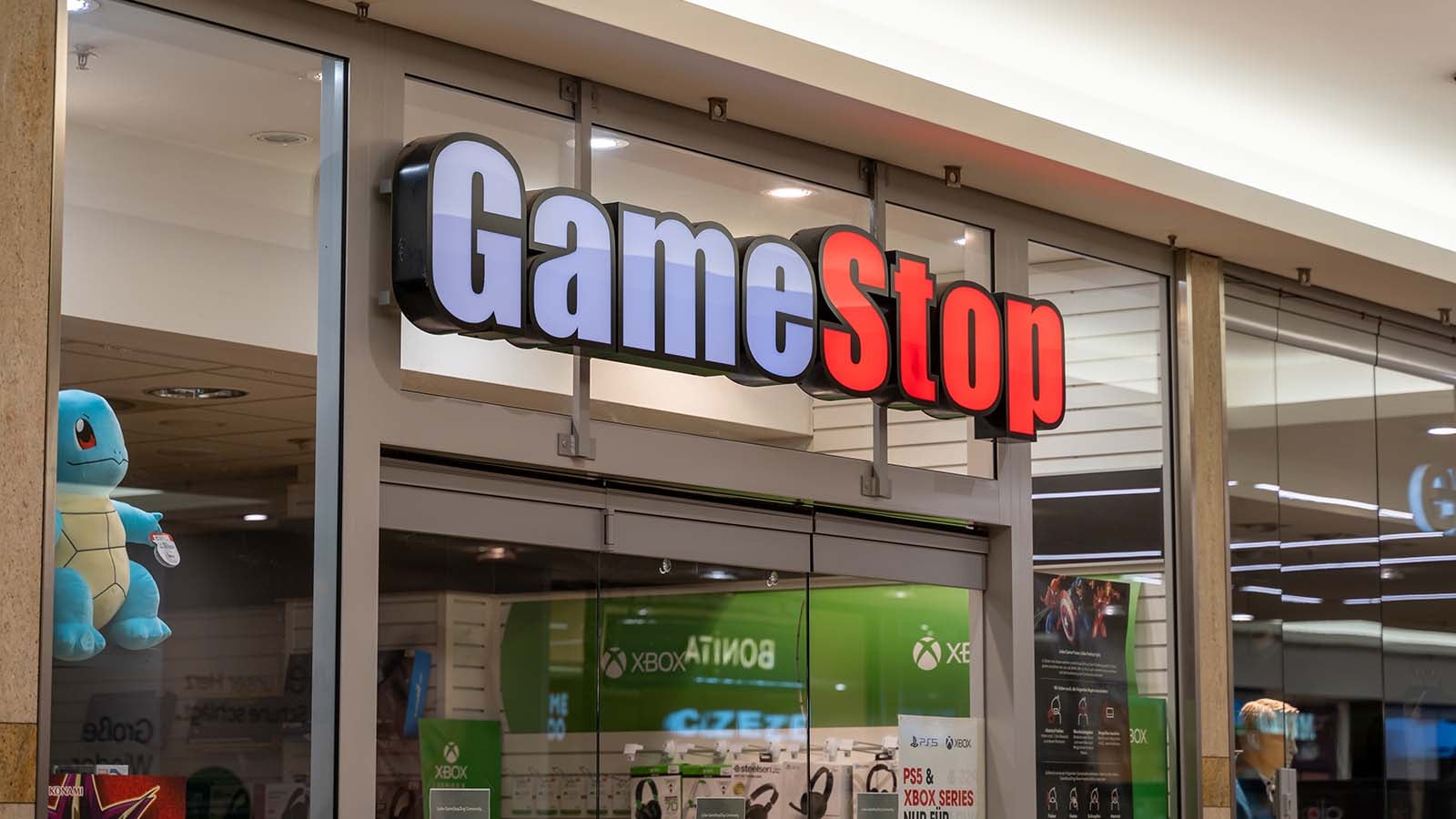The GameStop Trap: 3 Reasons GME Stock Is NOT Back


Bloomberg columnist Matt Levine wondered on May 13 if GameStop (NYSE:GME) was back. He was speaking about the video game retailer’s 70% surge in its share price after Keith Gill, a celebrity investor known as “Roaring Kitty”, posted on X (formerly Twitter) for the first time since June 2021. Everyone and their dog has since provided GameStop stock analysis about the meme stock’s comeback.
The 70% jump in GME stock proves the brokenness of the markets, and investors have forgotten that fundamentals rule the roost.
Is GameStop back? It was never here. The same people who pushed up GameStop, AMC Entertainment (NYSE:AMC), and all the other meme stocks in 2021 are doing it again. That will end in misery for the average retail investor.
Consider that GME stock closed on May 10, trading at $17.46. By the May 14 open, its shares were up 271%. If you were one of the lucky ones who bought on Friday and sold at the Tuesday open, you were lucky and blessed. I hope you were smart enough to understand the difference between coincidence and skill. There’s a massive difference.
As I write this on Canada’s Victoria Day long weekend, GME closed the week up 28% from the previous Friday’s close. That’s nothing to scoff at.
GameStop is most certainly not back. Here are three reasons why.
GameStop’s Fundamentals Suck
GameStop’s current market capitalization is $6.8 billion, while its enterprise value is $6.2 billion, 234x its enterprise value of $26.5 million. Its price-to-sales ratio of 1.29 is the highest in the past decade, except for the 1.77x in 2021’s crazy time.
A decade ago, GameStop’s fiscal 2014 (February year-end) annual revenue was $9.04 billion, with $574 million in operating income and an operating margin of 6.3%. In fiscal 2024, its annual revenue was $5.27 billion, 42% less than in 2014, with an operating loss of $35 million.
Over the past decade, it has gone from nearly $2 billion in retained earnings to an accumulated deficit of $213 million, squandering $2.2 billion in profits.
The only thing that’s kept it going is the willingness of investors in 2021 to buy $1.63 billion of its stock at nearly $50 a share in an at-the-market (ATM) offering.
Now, it’s gone and done the same thing.
On May 16, it announced it would do another ATM offering, selling up to 45 million shares. That would dilute current shareholders by 15%, raising approximately $1 billion before expenses at the day’s closing price of $22.21.
Fool me once; shame on you. Fool me twice; shame on me.
Another Poor Quarter

The so-called savior, Ryan Cohen, appears to have no answers for GameStop’s hemorrhaging sales.
At the same time, the company said it would do an ATM on May 16. At the midpoint of its preliminary reporting, it reported that its first-quarter sales would be $882 million, nearly 30% less than a year ago, with a $32 million loss, down from $50.5 million in Q1 2023.
This is not a company in turnaround mode.
“They made $6 million last year and burned cash,” CNBC reported Wedbush Securities analyst Michael Pachter’s comments about its quarter.
“We expect them to lose $100 million a year going forward. It’s a race to see if they can close stores fast enough to limit losses, but they have no plan that would suggest they can grow revenues or profits, and their core business is in decline.”
Yet foolish investors will buy the 45 million shares in the ATM to keep the Ponzi-like scheme going.
Ryan Cohen’s Monopoly Money

By now, most investors following GameStop know that the board gave the Chewy (NYSE:CHWY) co-founder, Ryan Cohen, a carte blanche to invest the company’s significant cash hoard on its balance sheet.
In December, the board announced that the CEO and GameStop’s largest shareholder (12% of its stock) would be investing in other stocks on behalf of the company. On March 21, it cemented that role by stating that Cohen and two of its independent directors would be responsible for overseeing any stock purchases under its official investment policy.
When the 10-Q comes out, investors will get their first look at what Cohen might be doing with the cash. As its preliminary Q1 2024 announcement said, it expects to finish the quarter with $1.08 billion in cash, down from $1.31 billion as of Feb. 3, the end of fiscal 2023.
With the first and second quarters being the two where it typically burns through cash, it’s hard to know if Cohen has yet to invest any of its cash in other stocks or is just continuing to fritter away shareholder capital. Either way, a retailer should not have a CEO who invests in anything but the company or its stock. It’s another MicroStrategy (NASDAQ:MSTR) in this regard.
As long as Ryan Cohen calls the shots at GameStop, the company is a lost cause.
On the date of publication, Will Ashworth did not have (either directly or indirectly) any positions in the securities mentioned in this article. The opinions expressed in this article are those of the writer, subject to the InvestorPlace.com Publishing Guidelines.










